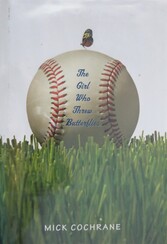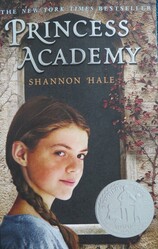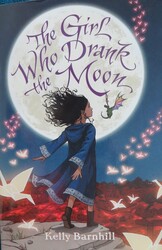The Lost Girl
|
|
Book Summary:
When it comes to twins, people often have the same questions and reactions, and Iris and Lark are tired of them. Yes, they have a close connection, but no, they don't have ESP. Iris is organized and sometimes aggressive. Lark is artistic and sometimes introverted. The world seems to insist that they walk around with labels to make life convenient: which one of them is the smart one? The good one? When their parents decide to put them in separate classes for their fifth grade year, the girls are miserable. It's better for them to be together, isn't it? This is a book about identity, loyalty, friendship, sisterhood, and relationships. And yes, a little bit about magic. Book Review: I love this book. I love it for the truths about people it reveals in painful and gorgeous ways. I love it because it reminds adults of exquisite details about friendships and difficulties of this age - things which are so all-consuming it is hard to suppose you might ever forget how strongly you felt. The climax of this book comes about a little too suddenly, and too unbelievably within the context. I forgive this about the book because the sentences are beautiful and the messages are so important for this age group: people do not have to become what everyone expects them to be, and bravery takes many different shapes, and we can have good intentions and mess up spectacularly and still move forward and be strong. I have known so many people this age who are both Iris and Lark, and I think their relationship is compelling for lots of readers. The elevated vocabulary and slightly weird qualities that attract some readers will push others away. Its brilliance is in the realistic fiction elements, but this is really a fairy tale, so readers have to find a way to embrace those elements to appreciate the struggle and strength. "Mr. Hunt's grin faded, and Iris opened her mouth, ready to lecture him on the inappropriateness of referring to students by the creatures on their T-shirts, ready to explain to him that that was not an octopus at all, but a squid, and what kind of teacher was he that he couldn't tell the difference, ready to tell him that you should not just treat kids like they have hard outer shells when you don't know anything about them . . ." (p. 56 - 57) |
If you like this book, you may also like . . .











